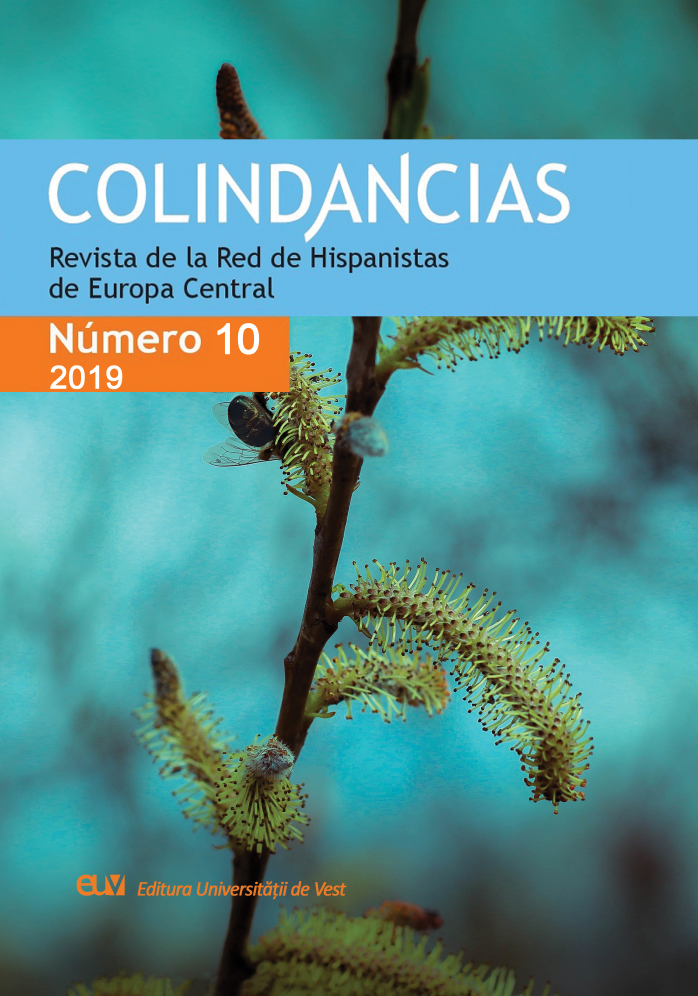Cine chileno y políticas de la memoria.
La trilogía de Pablo Larraín
Chilean cinema and politics of memory.
The trilogy of Pablo Larraín
Author(s): Felipe OliverSubject(s): Fine Arts / Performing Arts, Electoral systems, Post-War period (1950 - 1989), Film / Cinema / Cinematography
Published by: Editura Universităţii de Vest din Timişoara
Keywords: Pablo Larraín; cine chileno; políticas de la memoria; dictadura militar;
Summary/Abstract: Resumen: La historia reciente de Chile está marcada por tres grandes hitos: la efímera empresa socialista durante la década del setenta, el largo gobierno militar que habría de extenderse hasta finales de los ochenta, y la reforma económica liberal impulsada por la dictadura y perfeccionada en democracia. La trilogía cinematográfica de Pablo Larraín, Tony Manero (2008), Post Mortem (2010) y No (2012), constituye un caso paradigmático de lo que acaso podríamos denominar como un cine de la memoria, al representar distintos estadios de dichos procesos históricos. Tony Manero retrata la violencia de la dictadura, Post Mortem se detiene en los convulsos días posteriores al golpe de Estado, y No ahonda en los pormenores de la transición, cubriendo, así, los distintos momentos axiales del pasado. Este trabajo pretende analizar la trilogía de Larraín desde las tensiones políticas y sociales que definen las discusiones en torno a las políticas de la memoria. Abstract: The recent history of Chile is marked by three major milestones: the brief socialist experiment during the seventies, the long military government which lasted until the late eighties, and the neoliberal economic reforms pushed by the military government and perfected in democracy. The cinematographic trilogy of Pablo Larraín, Tony Manero (2008), Post Mortem (2010) and No (2012), is a paradigmatic case of what we might call a Cinema of Memory: Tony Manero portrays the violence of the dictatorship period, Post Mortem breaks on the convulsive days following the Coup d’état, and No reflects on the details of the democratic transition, covering up in each film a different axial moment of the past. This paper aims to analyse the Larraín trilogy from the political and social tensions that circumscribe the discussions around the politics of memory in Chile.
Journal: Colindancias - Revista de la Red de Hispanistas de Europa Central
- Issue Year: 2019
- Issue No: 10
- Page Range: 173-184
- Page Count: 11
- Language: Spanish

